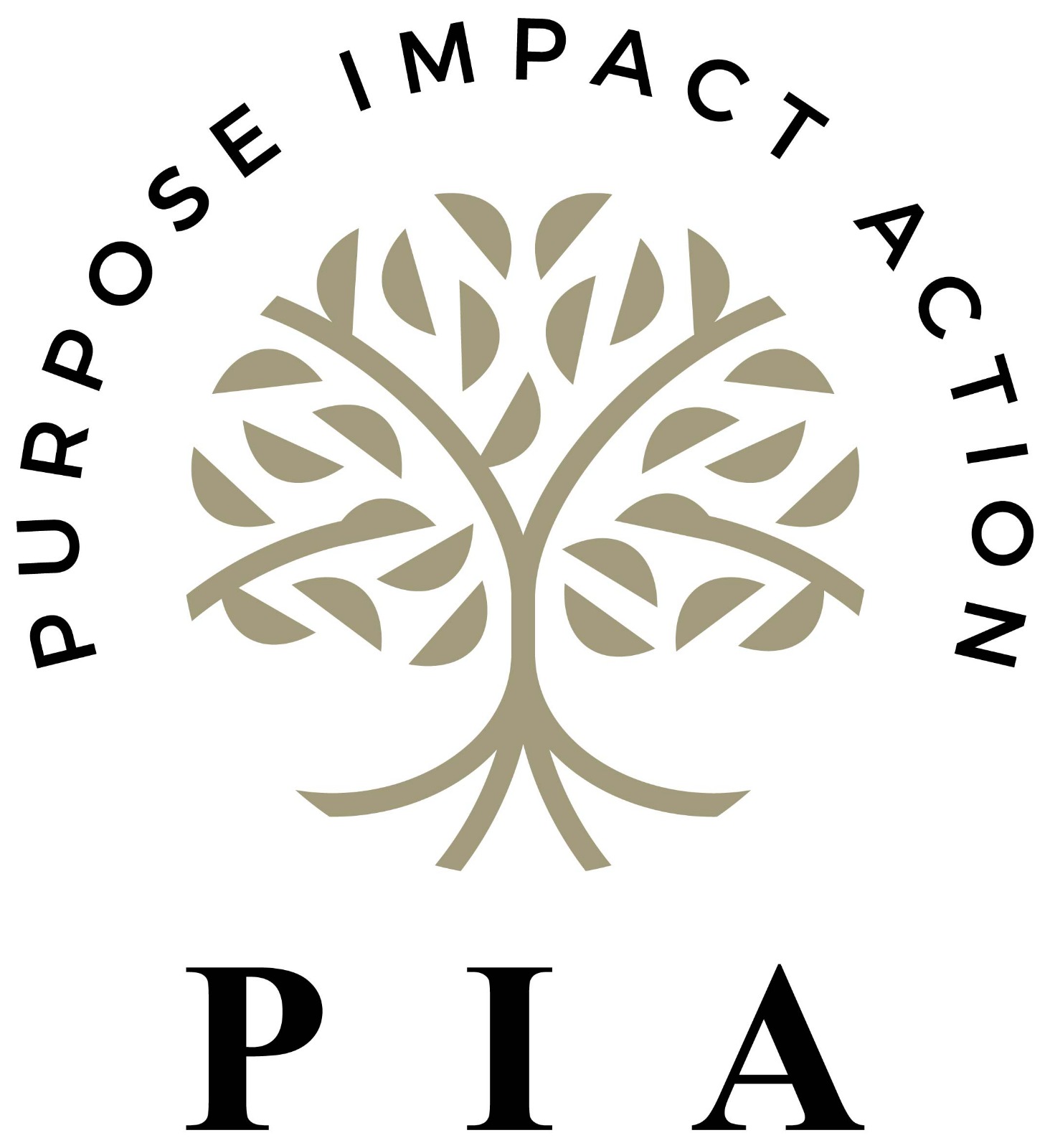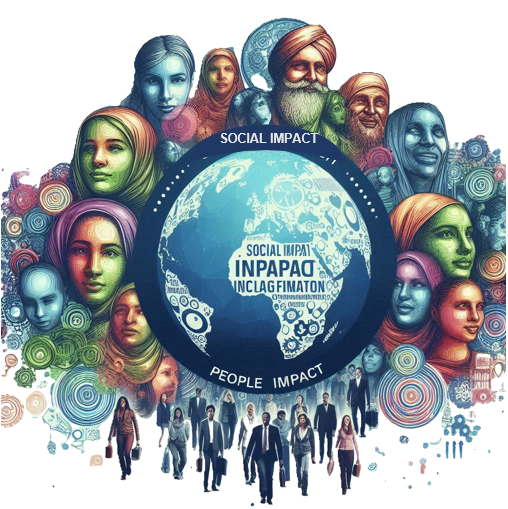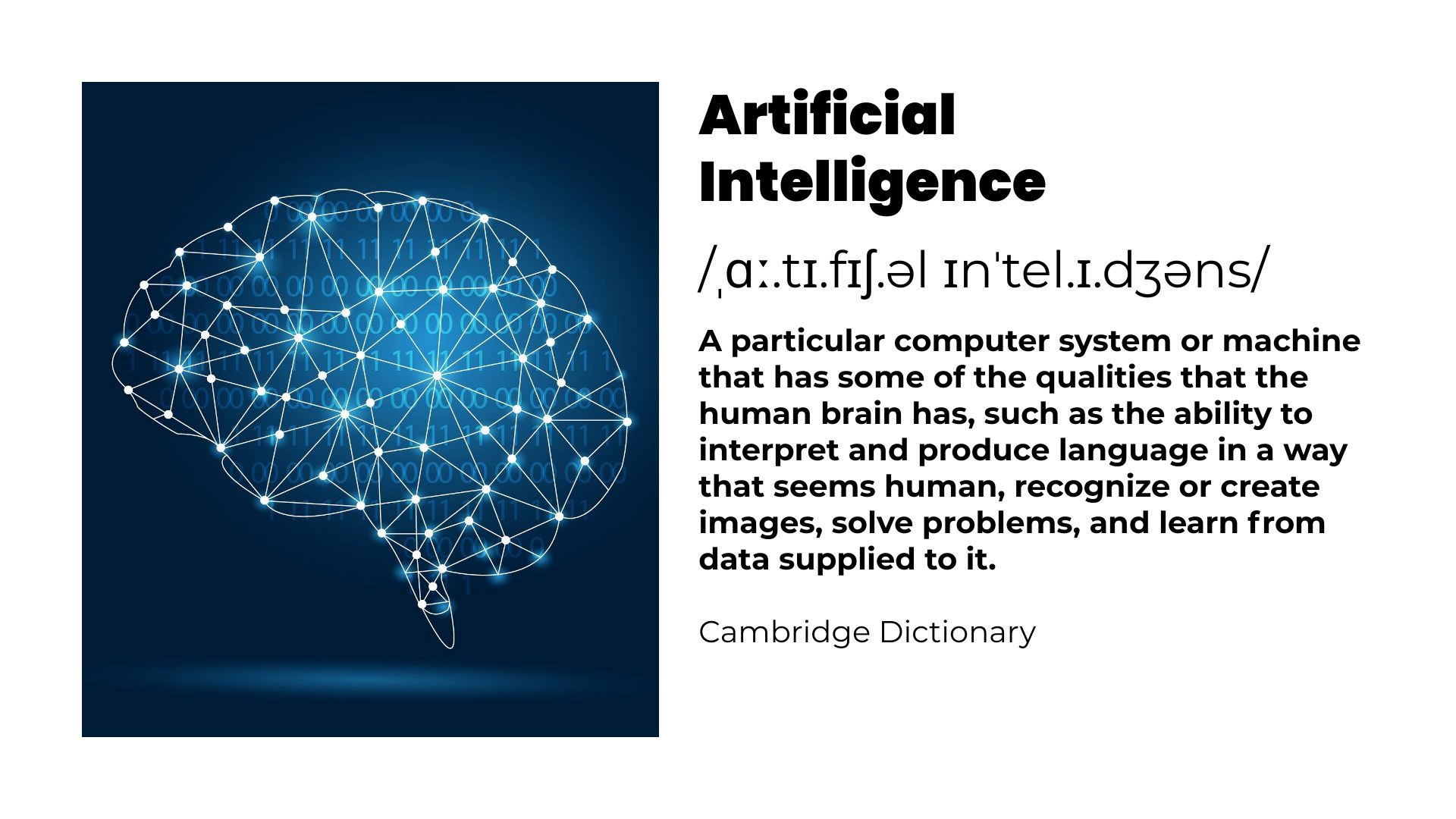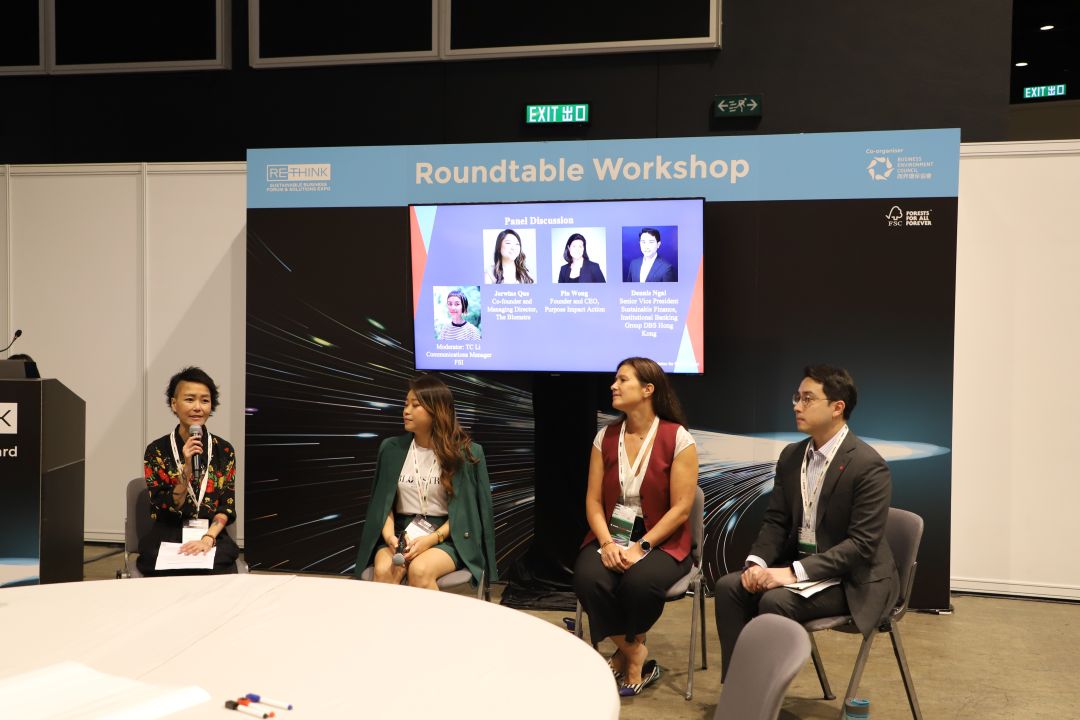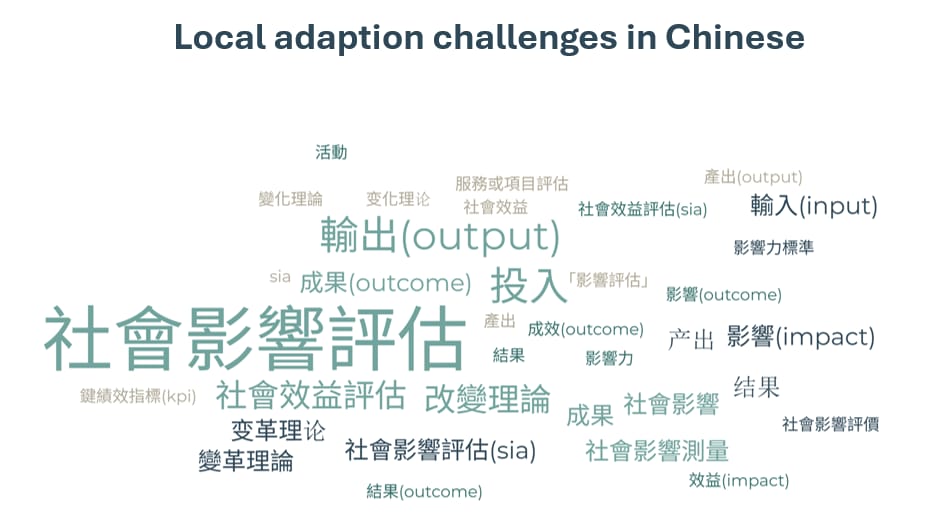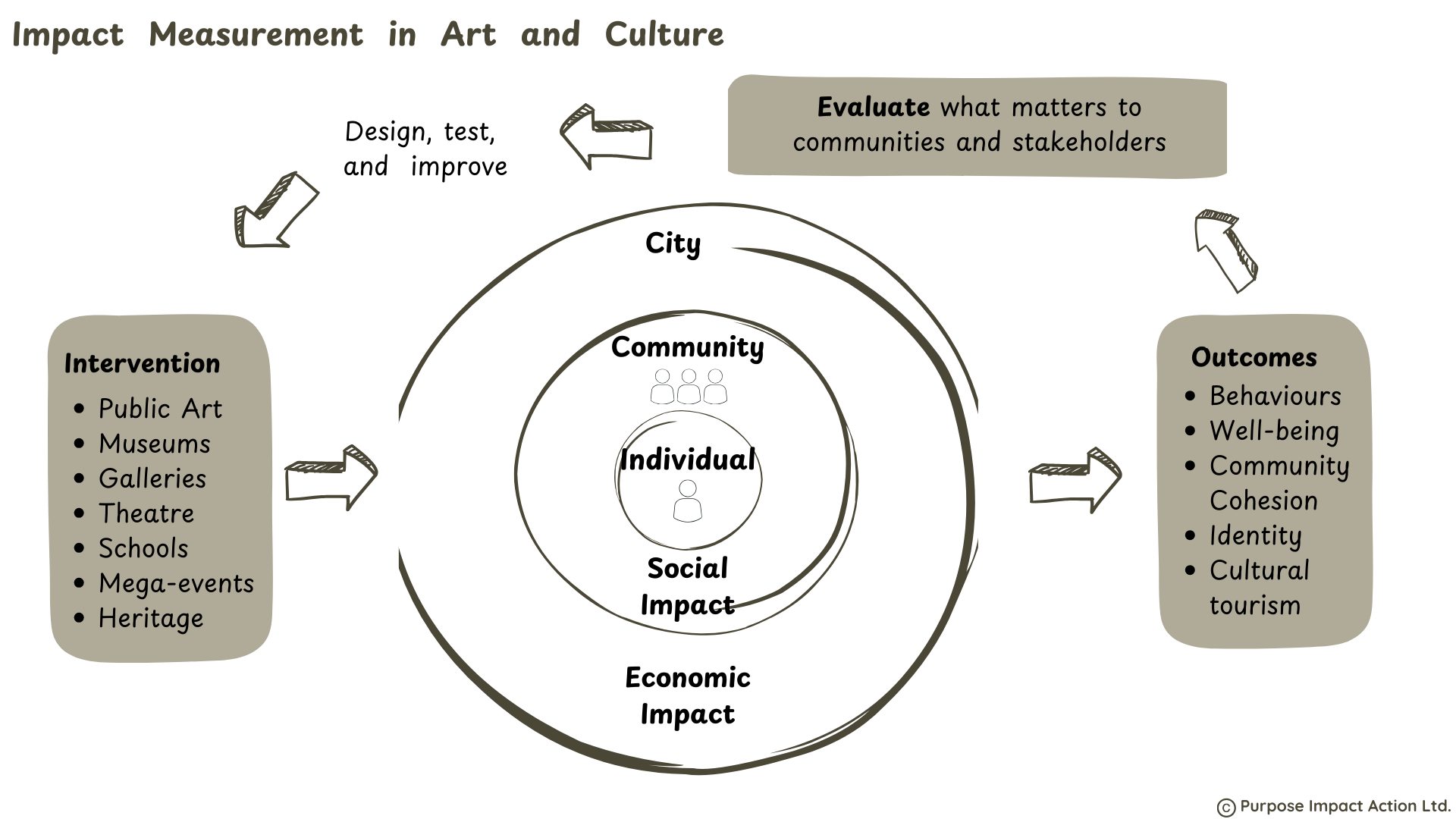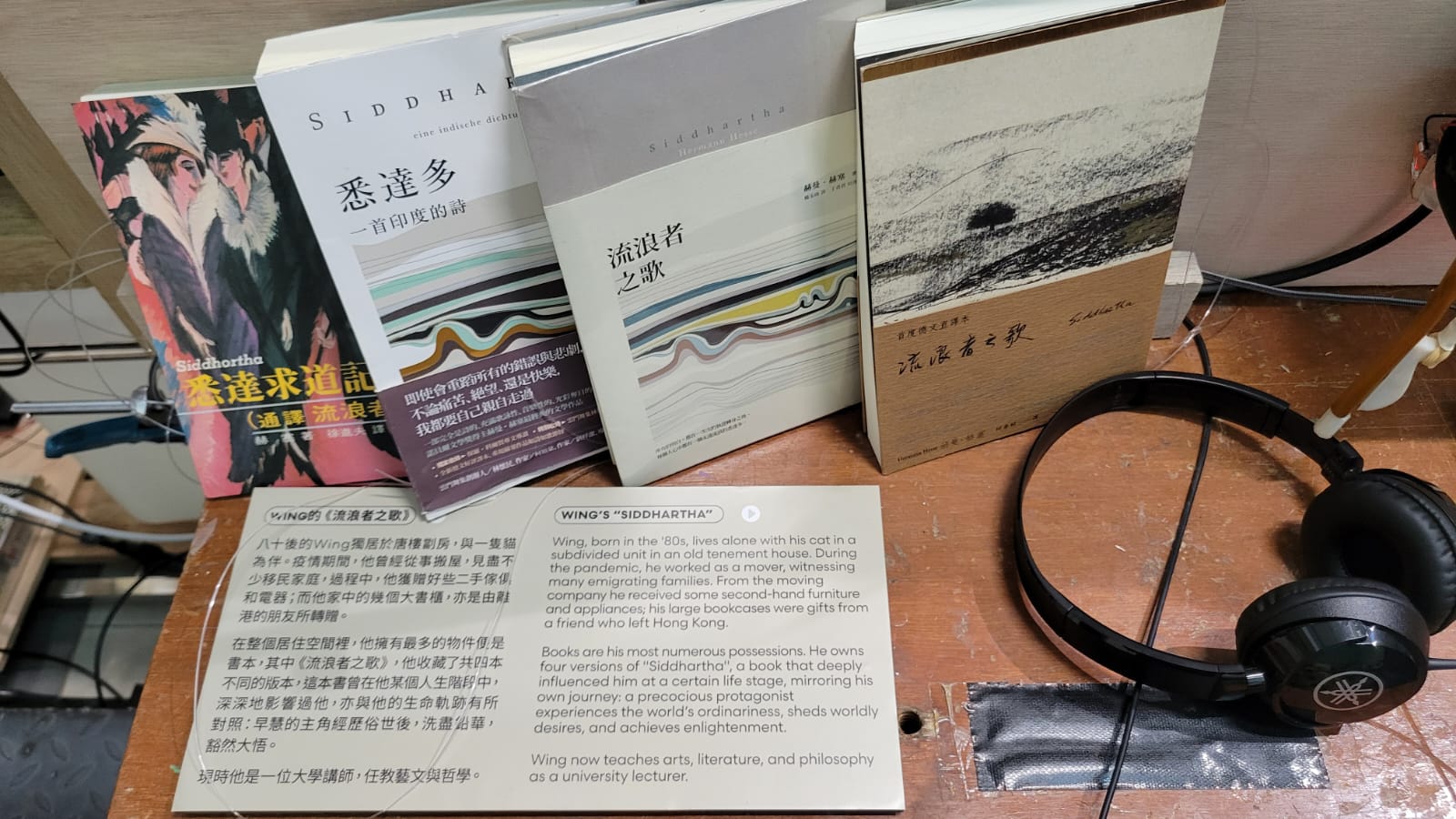The recent and abrupt funding cuts from USAID have sent shockwaves through organizations globally, particularly in the Global South. This unprecedented shift serves as a wake-up call, urging us to respond with courage, strength, and determination. As we confront challenges – ranging from natural disasters to socio-economic disparities – we must harness the same focus and resolve that have historically guided our communities.
In this context, we encounter a crucial opportunity for what I like to refer to as “principled prioritization.” This refers to making strategic decisions about resource allocation based on a set of core values and principles. The first step in this journey is akin to a health check-up; although not always welcomed, it is essential for diagnosing organizational health and ensuring effective interventions. Leaders must critically assess their organizations, identifying key data to collect and prioritizing programs that align with their core values and mission. This process may involve difficult decisions, including the willingness to cut initiatives that do not contribute meaningfully to our goals.
By demonstrating courage and addressing inefficiencies, we can listen closely to our beneficiaries’ needs. This not only maximizes impact but also equips us to confront the power imbalances and systemic inequalities that have long plagued the philanthropic landscape.
Through my experience conducting evaluations and impact reviews, particularly with mission-driven organizations in the Global South, a common theme emerges: the lack of structured feedback mechanisms and the challenge of measuring the right outcomes. Establishing these processes is vital for demonstrating value to funders and fostering trust-based philanthropy. According to a recent McKensey / Institute of Philanthropy report, “Just as the scale of Asian philanthropy is growing, so is the demand for professionalism, transparency, and accountability in the sector.”[1]
However, across Asia, 72% of social delivery organizations (SDOs) in Asia view domestic giving levels as low [2], signaling a clear need for improvement. To effectively mobilize capital for sustainable impact, the Center for Asian Philanthropy Society (CAPS) emphasizes the importance of SDOs “to better tell their stories and help others in the community understand the contributions they make.” Funders are increasingly encouraging nonprofits to integrate capacity building and impact measurement into their proposals, fostering data-driven learning.
Here are three essential questions for nonprofits to consider in this evolving landscape:
- Program Prioritization: How do you select or prioritize your programs? Do you have a theory of change or any impact studies?
- Stakeholder Involvement: Are beneficiaries and stakeholders included in the decision-making process? What feedback mechanisms are in place?
- Outcome Alignment: Are you measuring the right things? Does the data collected align with your desired outcomes and decisions?
Building genuine partnerships is key to empowering local stakeholders. It’s important that they are not just seen as recipients of aid but active participants in shaping their own futures. This involves listening to their insights, respecting their expertise, and co-creating solutions that reflect their unique contexts and challenges.
This means having the courage to step away from traditional metrics that focus solely on numbers or prioritize quantitative outputs over qualitative outcomes. By embracing frameworks that value local knowledge and aim for long-term, sustainable change, we can will work towards a more equitable future.
By Pia Wong, Founder & CEO, Purpose Impact Action
Share your thoughts in the comments below
[1] Examining Trust and Measurement in Asian Philanthropy, McKinsey & Company / Institute of Philanthropy Sept 2024 report.
[2] Doing Good Index 2022, p. 27, Centre for Asian Philanthropy Society (CAPS)
